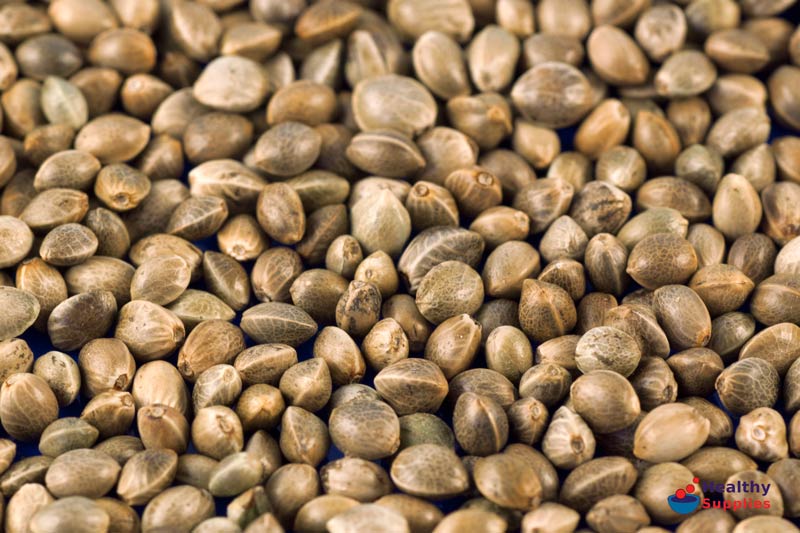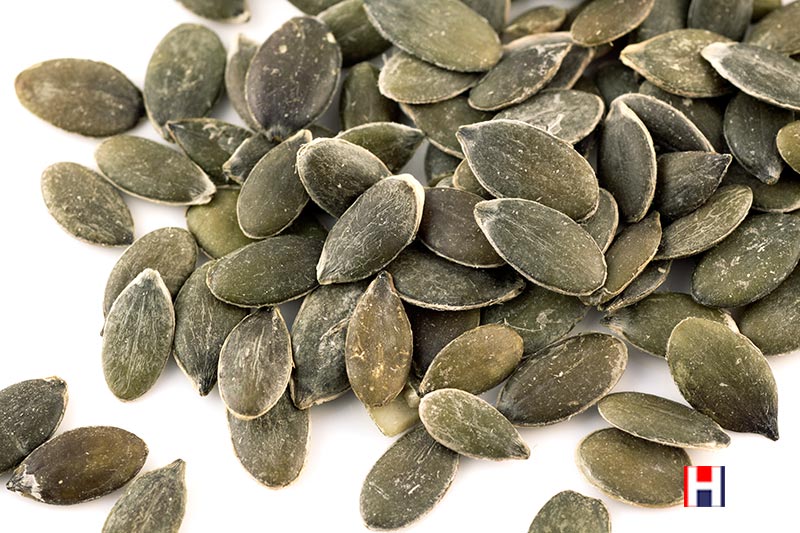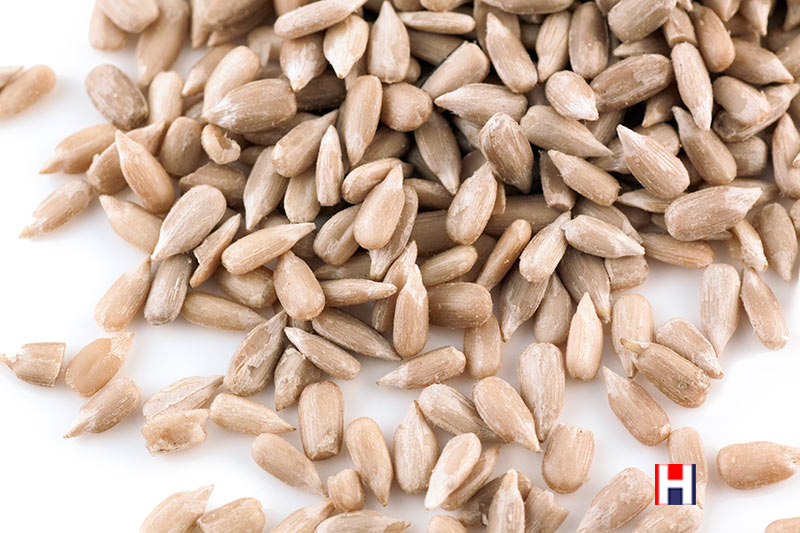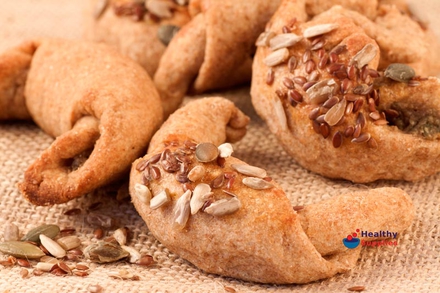Should Seeds Be a Part Of My Diet?
Seeds are a wonderfully diverse and exciting group of ingredients. They provide lovely tastes and textures, and are equally at home in sweet or savoury dishes – but should we be eating more of them?
We’ve all probably had Sesame Seeds on the top of burger buns, and eaten bread full of Flax or Poppy Seeds, but seeds can be the main event too – for example the Middle Eastern sweet treat Halva, which is made mostly of sesame seeds, as is Tahini.
Vegan chefs are well aware of the magical properties of Flax and Chia seeds, which are both used to replace eggs in cakes and bakes. Seeds are also used to provide valuable levels of flavour to many dishes, including curries, where seeds such as Nigella (also called Black Onion or Kalonji), Fennel Seeds, Fenugreek Seeds and Mustard Seeds are used to lend nuance and depth to dishes across large parts of the planet.
So let’s take a closer look at whether we should be using more seeds….
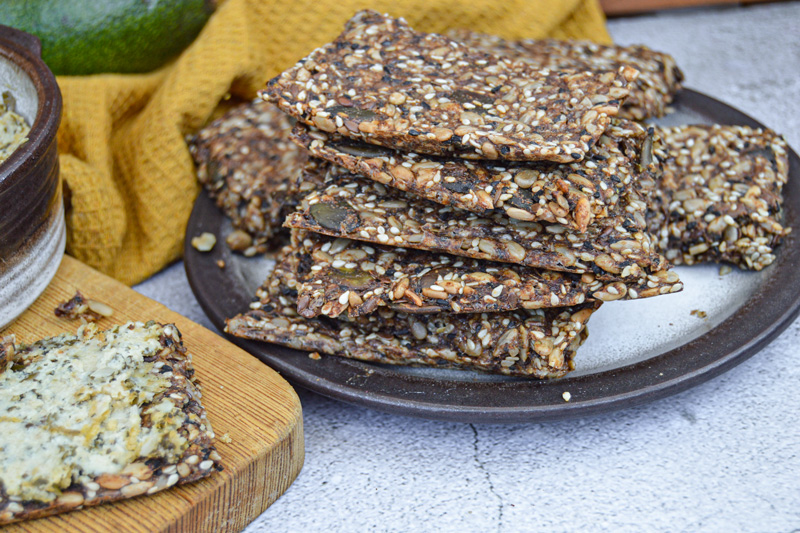
No prizes for guessing the answer to this one! Yes – seeds are fantastically good for your health. They’re a superb source of all kinds of things your body needs, such as fibre, minerals – including potassium, magnesium, calcium, zinc and iron – and vitamins, like B1,B2, B3 and E. There’s a wealth of evidence that seeds can do some very good things, such as lignan-rich Flaxseeds, which can protect you from breast cancer.[1] Or Fennel Seeds, which can reduce menstrual pain.[2] Or Sesame Seeds, which are excellent for osteoarthritis.[3] And let’s hear it for Fenugreek Seeds, which not only have potent anti-cancer properties, but enabled men in a double-blind, placebo-controlled trial to bench-press an extra 100 pounds at the gym.[4]
A seed is an embryonic plant enclosed in a protective outer covering. The formation of the seed is part of the process of reproduction in plants.[5] It’s essential the plant packs as many nutrients as possible into this tiny space, as there’s plenty of work a seed needs to do if it’s to grow into a whole new plant, and these intensely concentrated nutrients are why seeds are such a brilliant thing for us to eat.
Are seeds good for weight loss?
Seeds are full of fibre, and incorporating more fibre into your diet has been shown to help you lose belly fat.[6] There are also individual seeds which can lend a further hand if you’re trying to lose weight – Pumpkin Seeds, for instance, are full of an amino acid called Arginine, which research has shown is very good at fighting obesity.[7] Chia and Flax seeds form a gel when added to liquid, and this slows their passage through the digestive system, which makes us feel fuller for longer. A controlled trial from 2017 showed that people who ate a little chia seed powder in yoghurt for breakfast felt fuller for far longer than a control group, and proceeded to eat fewer calories at lunch time.[8]
Which seeds have the most protein?
Seeds are a brilliant source of protein. Pumpkin Seeds have a very impressive amount – they’re over one third protein with their shells on, and around one quarter protein with shells removed. Hemp Seeds are also around a third protein, while Sunflower Seeds are roughly one-fifth protein. Flax, Chia and Sesame Seeds all have around one-sixth of their weight made up of protein. Almonds are usually thought of as nuts, but botanically-speaking, they’re actually a seed – so if we count those, they make it to the list as well, as they’re over one-fifth protein.
[1]https://clincancerres.aacrjournals.org/content/11/10/3828.long
[2]https://www.ncbi.nlm.nih.gov/pmc/articles/PMC3611645/
[3]https://www.ncbi.nlm.nih.gov/pmc/articles/PMC4122033/
[4]https://jissn.biomedcentral.com/articles/10.1186/1550-2783-7-34
[5]https://en.wikipedia.org/wiki/Seed
[6]https://www.ncbi.nlm.nih.gov/pmc/articles/PMC3856431/
[7]https://pubmed.ncbi.nlm.nih.gov/20437186/
[8]https://www.ncbi.nlm.nih.gov/pmc/articles/PMC5621364/
